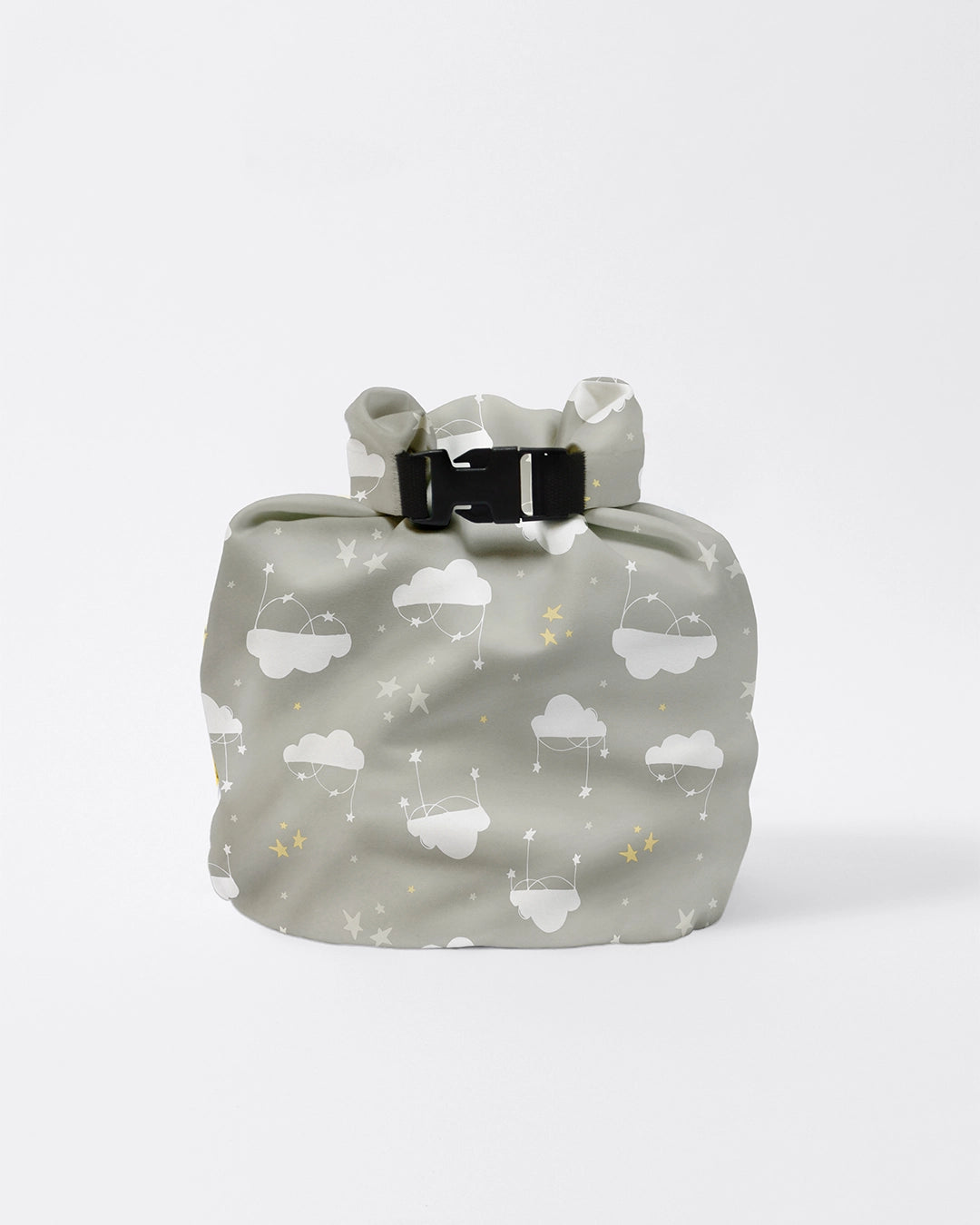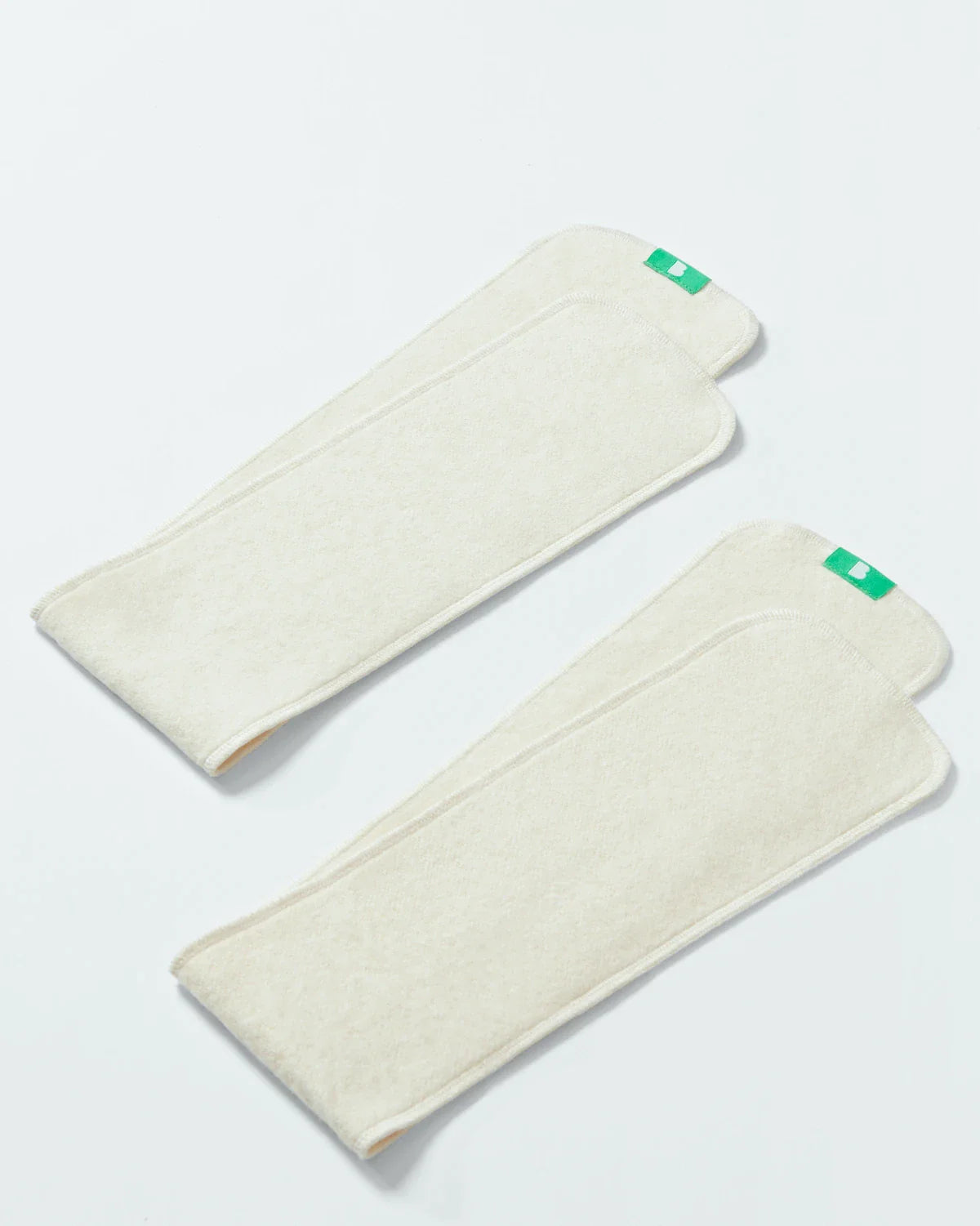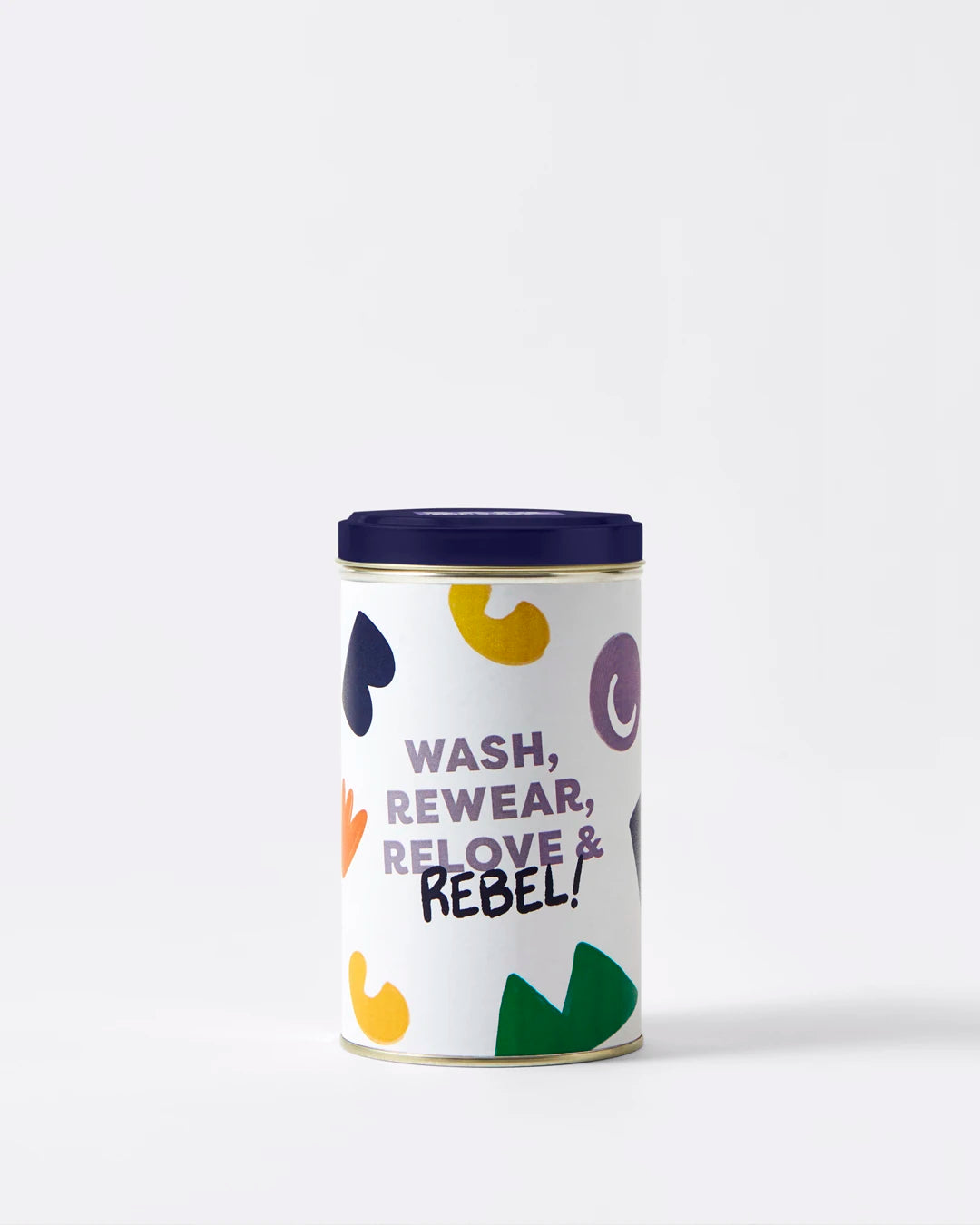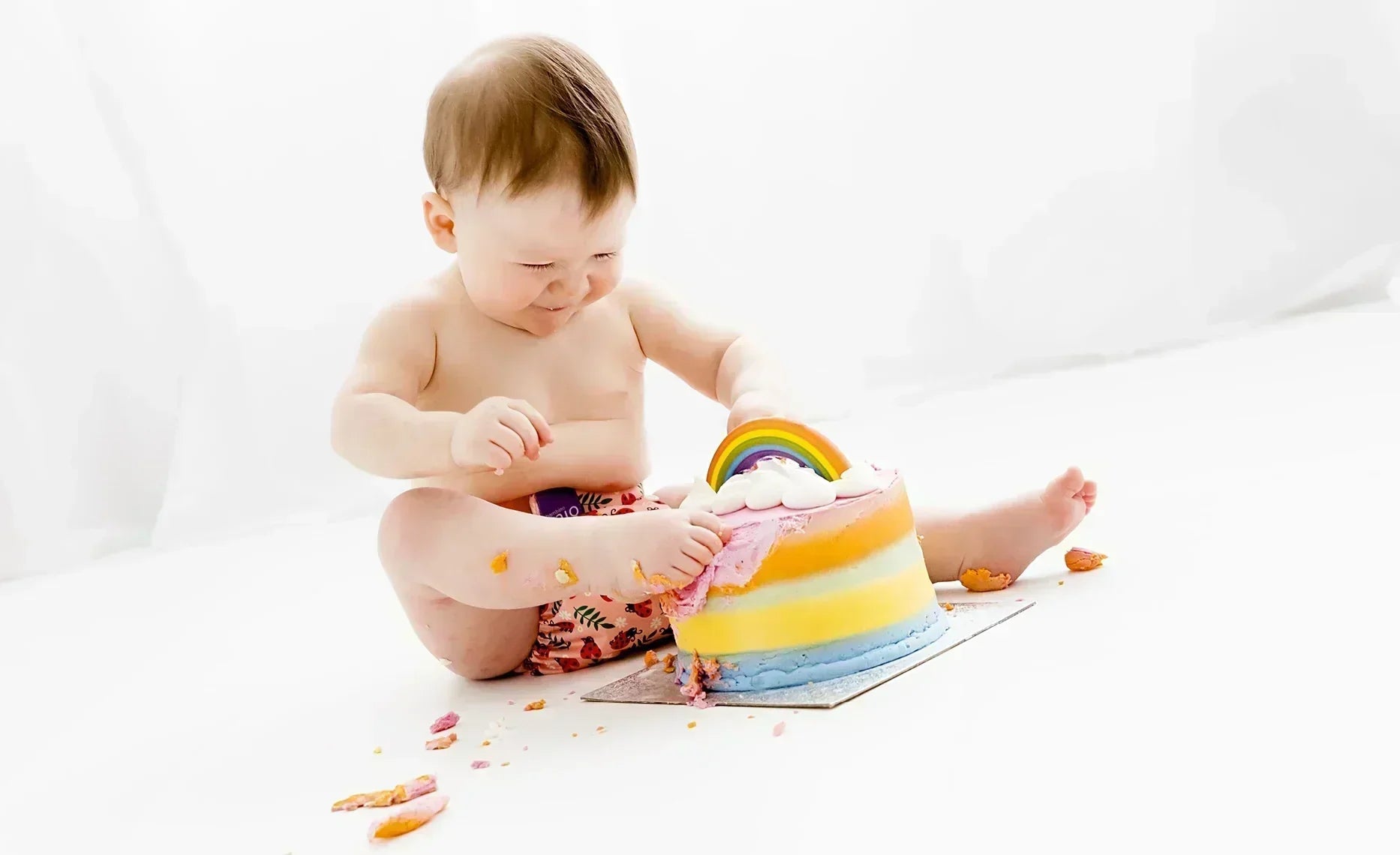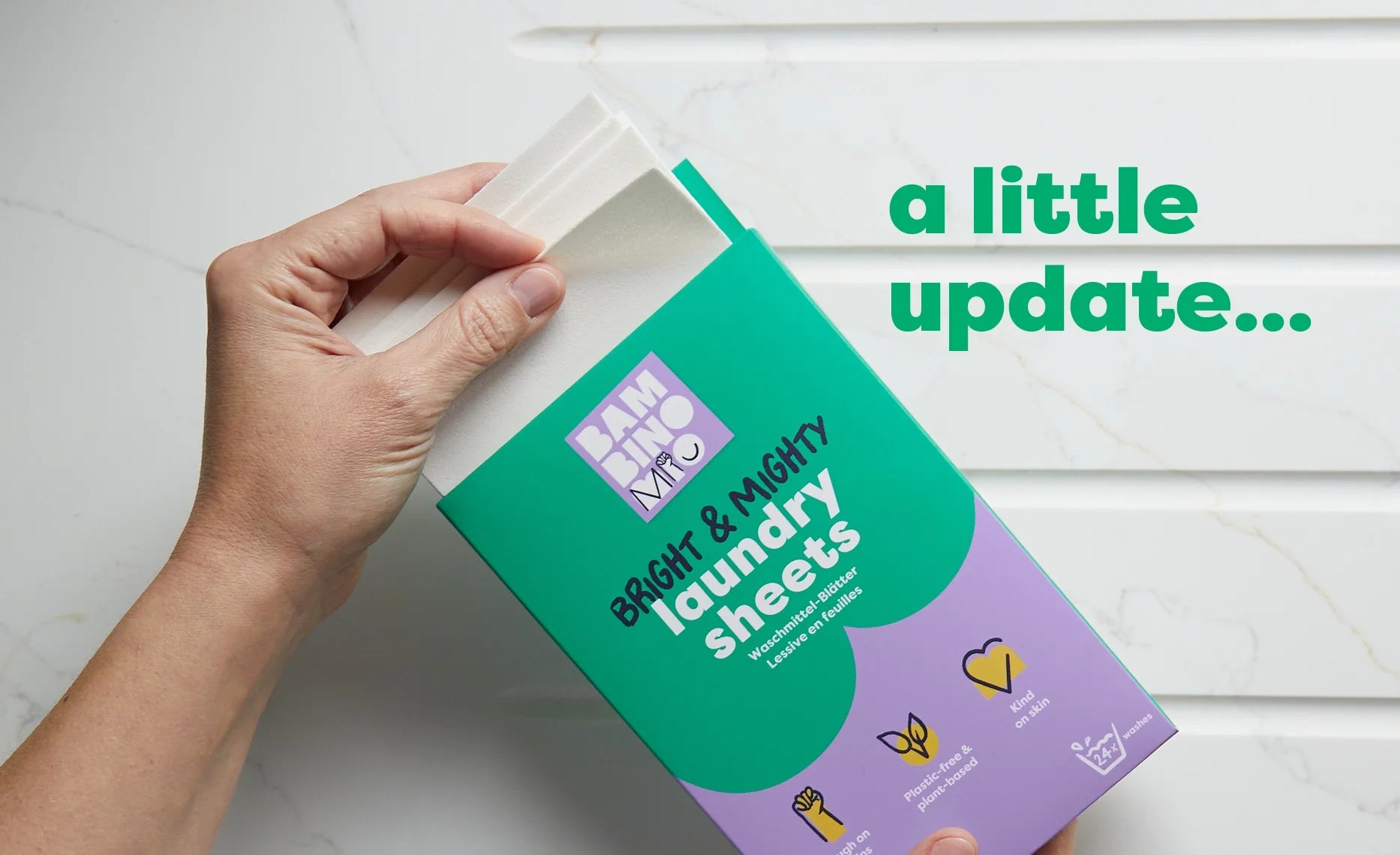Week 29 of Pregnancy | How Big is Your Baby at 29 Weeks?
Share Options
- Bambino Mio
- 28 / 06 / 2023

Inside this Article:
Pregnancy is a time of huge change for you, your body and your life. Our guide will help you through this amazing time, letting you know what to expect at each stage and, most excitingly, what your baby is up to each week.
Your baby is the size of a butternut squash
When you’re 29 weeks pregnant, your baby is around 38cm (14.75in) in length from crown to heel and around 26cm (10.5in) from crown to rump.
They also weigh around 1.2kg (2.7lbs), which is around the same as a small ready-for-oven chicken!
They’re busy gaining muscle and fat, as well as depositing around 250mg of calcium into their bones (1) every day from now on.
Baby’s losing their baby hair already!
The fine hair, the lanugo (2), that your baby developed at between 16 and 20 weeks of your pregnancy, has reached its maximum density and is now starting to fall out. Some babies are born with some lanugo still remaining, but it tends to disappear after a few weeks.
At 29 weeks of pregnancy your baby’s skin is maturing and getting thicker and there’s more subcutaneous fat deposits under it now, making him or her look a little plumper (hence the chicken comparison!).
The last ten or so weeks of pregnancy involve your baby growing bigger, as they’re perfectly formed now, they just need to increase in size.
How you’re feeling at 29 weeks pregnant
If all this talk of butternut squashes and chickens has you feeling hungry, there’s a good reason for it. Your baby’s rapid growth in late pregnancy needs a lot of fuel and nutrients - from you (3)!
You may need to look at your iron and calcium intake at 29 weeks of pregnancy because you’re providing these elements to your baby for their bones and blood. You might have discussed your calcium and iron intake with your midwife at your 28-week appointment and they may have suggested a supplement of one or both.
At 29 weeks of pregnancy you’ll start to feel the same sort of tiredness you had in your first trimester, so rest as much as possible. This can be tricky if you’re preparing for your maternity leave (4) and have lots to before you take the time off, so if you’re feeling overwhelmed, talk to your employer’s HR department.
As well as tiredness, you’ll be noticing slight swelling - possibly all over (5)! This is due to the extra fluid your body accumulates during pregnancy and while it can be uncomfortable, it’s nothing to worry about unless it’s uneven or increases suddenly.
Staying healthy at 29 weeks pregnant
You’re still following your healthy pregnancy diet and drinking plenty of water, of course, but you should also make sure you’re getting enough iron and calcium. You need around 700mg of calcium a day during pregnancy and around 15mg of iron. If your iron intake is low, you may develop anaemia (6), which will increase your tiredness.
Iron-rich (7) foods include nuts, lean red meat, fortified cereals and pulses such as chickpeas, so try to include one or more of these each day.
Calcium-rich (8) foods include calcium-enriched soya milk, leafy greens like kale, dairy products and fish like sardines or tinned salmon (because you eat the bones).
Rest is important at 29 weeks of pregnancy so make time each day to have a quick nap or at least lie still and relax.
Your stomach is probably quite compressed by now, so divide your food up into five or six smaller meals and snack on things like nuts and dried fruit in between.
Many women join a pregnancy yoga or prenatal aqua aerobics class during their third trimester as they're a good way to get some gentle exercise and meet people. Heading to a pool can cool you off, make you feel a bit less swollen and heavy and give you something to look forward to (especially if you’re pregnant over the summer!).
What you need to think about at 29 weeks of pregnancy
You may only have around 70 days until your baby arrives!
It’s time to talk to your birth partner about labour and birth (9) and what you want or need them to do when the time comes. If you don’t already have a book or two about birth and babies, go out and get a couple and read them together so you have a good idea about what to expect.
One good way to get a bit of rest every day is to relax and count your baby’s movements. It’s a great way to bond with your baby and get to know their “routine”! Find out more about monitoring baby’s movements here (10).
You maternity leave might be starting soon, so you also need to make plans for this, as well as talk to your employer about staying in touch during your time off.
Start thinking about a baby shower, if you’re planning to hold one. They're great fun and will give you a real boost in your last weeks of pregnancy.
Citations and References
(1) National Institutes of Health (NIH). National Library of Medicine. 'Continuing Education Module—Maternal Calcium Intake and Metabolism During Pregnancy and Lactation.’ 2005. Web. www.ncbi.nlm.nih.gov/pmc/articles/PMC1595236
(2) National Institutes of Health (NIH). National Library of Medicine. ‘Embryology. Lanugo.’ 2022. Web. www.ncbi.nlm.nih.gov/books/NBK526092
(3) National Health Service (NHS). ‘Keeping Well in Pregnancy. Vitamins, Supplements and Nutrition in Pregnancy.’ 2020. Web. www.nhs.uk/pregnancy/keeping-well/vitamins-supplements-and-nutrition
(4) UK Government. Gov.uk. ‘Benefits and financial support for families. Maternity pay and leave.’ https://www.gov.uk/maternity-pay-leave
(5) National Health Service (NHS). ‘Common Symptoms in Pregnancy. Swollen Ankles, Feet and Fingers in Pregnancy.’ 2021. Web. www.nhs.uk/pregnancy/related-conditions/common-symptoms/swollen-ankles-feet-and-fingers
(6) National Health Service (NHS). 'Iron Deficiency Anaemia in Pregnancy and After the Birth of Your Baby.’ 2018. Web. mft.nhs.uk/app/uploads/sites/4/2018/04/Iron-levels-in-pregnancy-and-after-childbirth-January-2018.pdf
(7) National Health Service (NHS). ‘Vitamins and Minerals. Iron.’ 2020. Web. www.nhs.uk/conditions/vitamins-and-minerals/iron
(8) National Health Service (NHS). ‘Vitamins and Minerals. Calcium.’ 2020. Web. www.nhs.uk/conditions/vitamins-and-minerals/calcium
(9) National Health Service (NHS). ‘Labour and Birth. What Happens in Labour and Birth.’ Web. www.nhs.uk/pregnancy/labour-and-birth/what-happens
(10) National Health Service (NHS). ‘Keeping Well in Pregnancy. Your Baby’s Movements.’ 2021. Web. www.nhs.uk/pregnancy/keeping-well/your-babys-movements
Pregnancy by Week, What to Expect






















